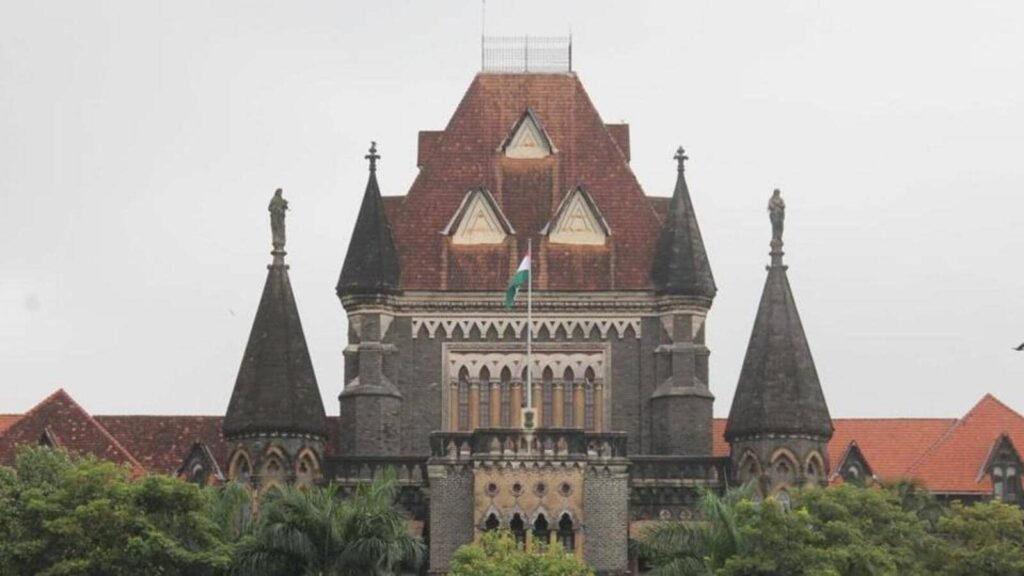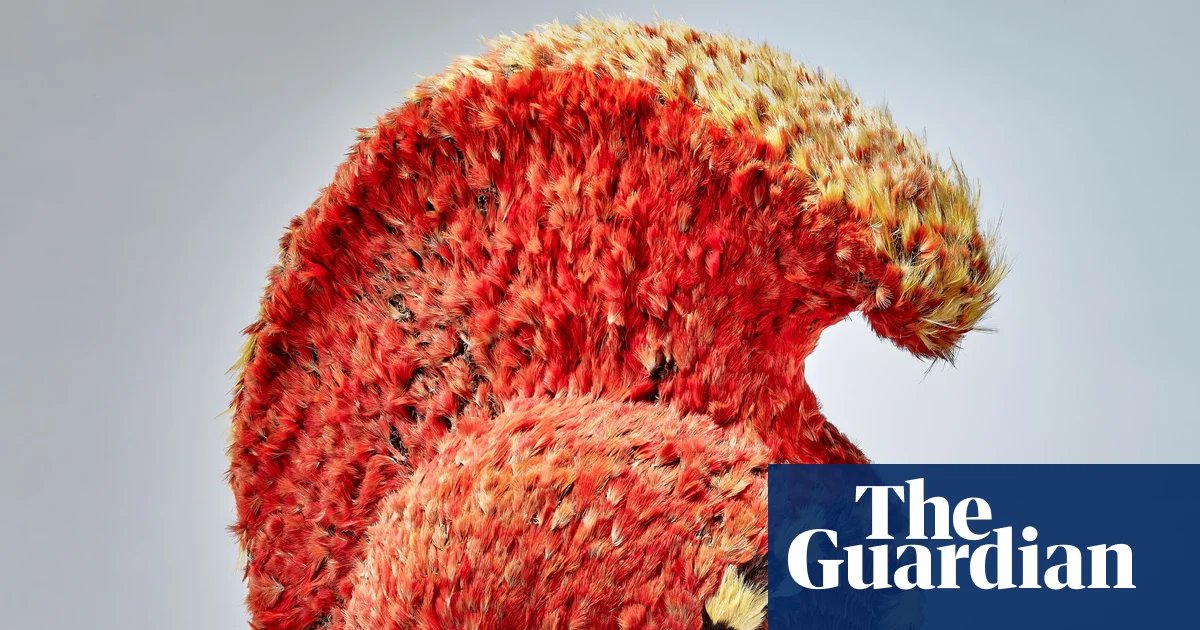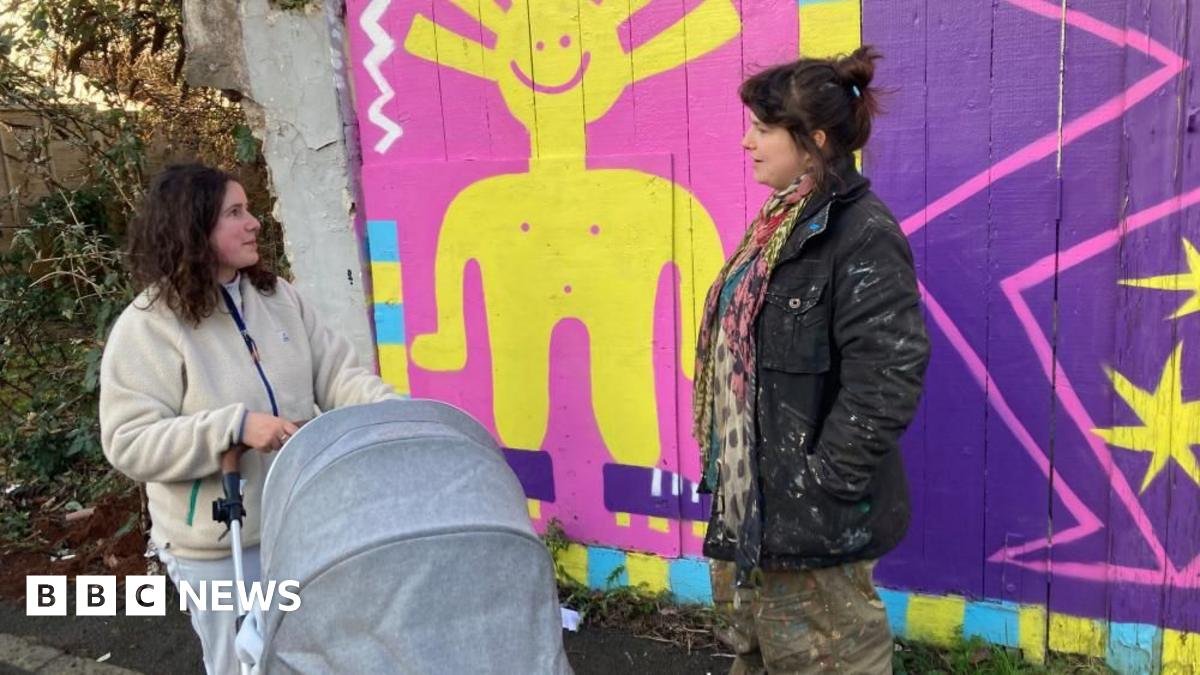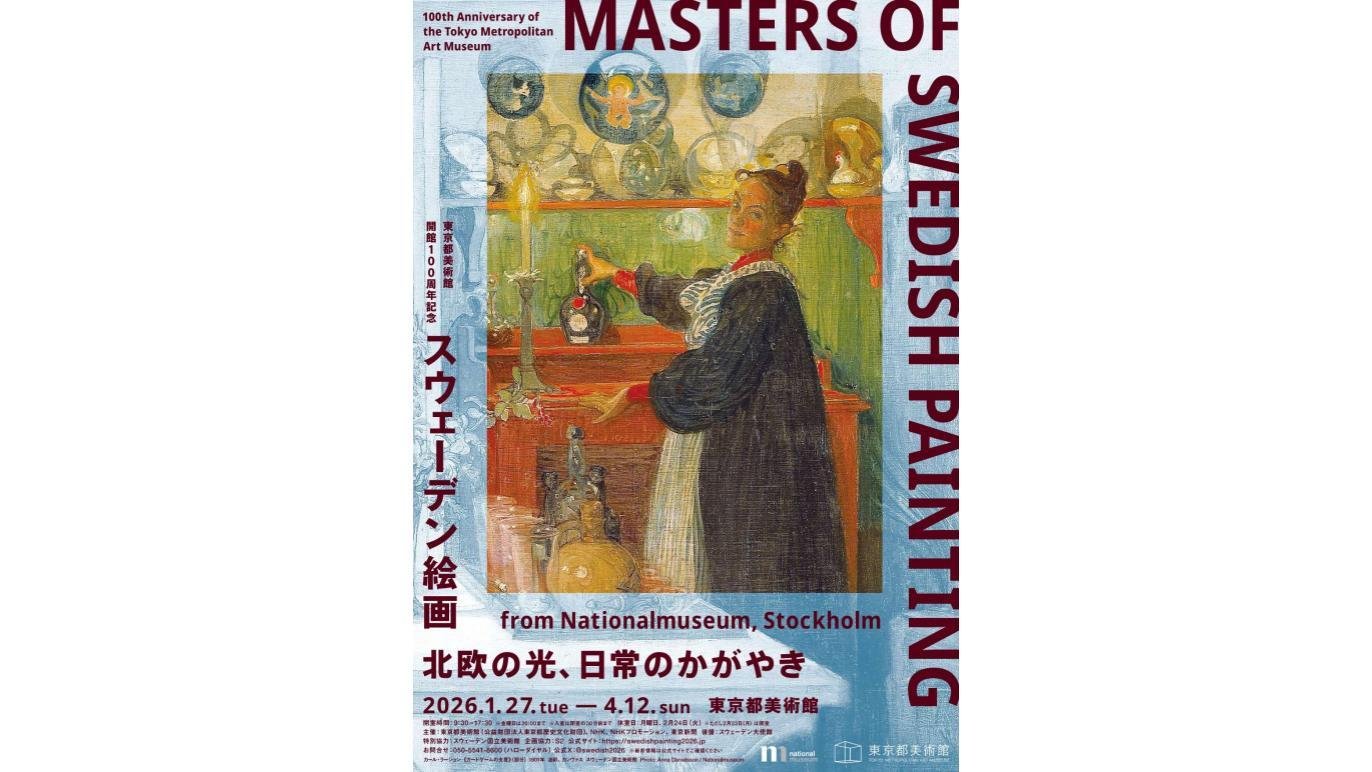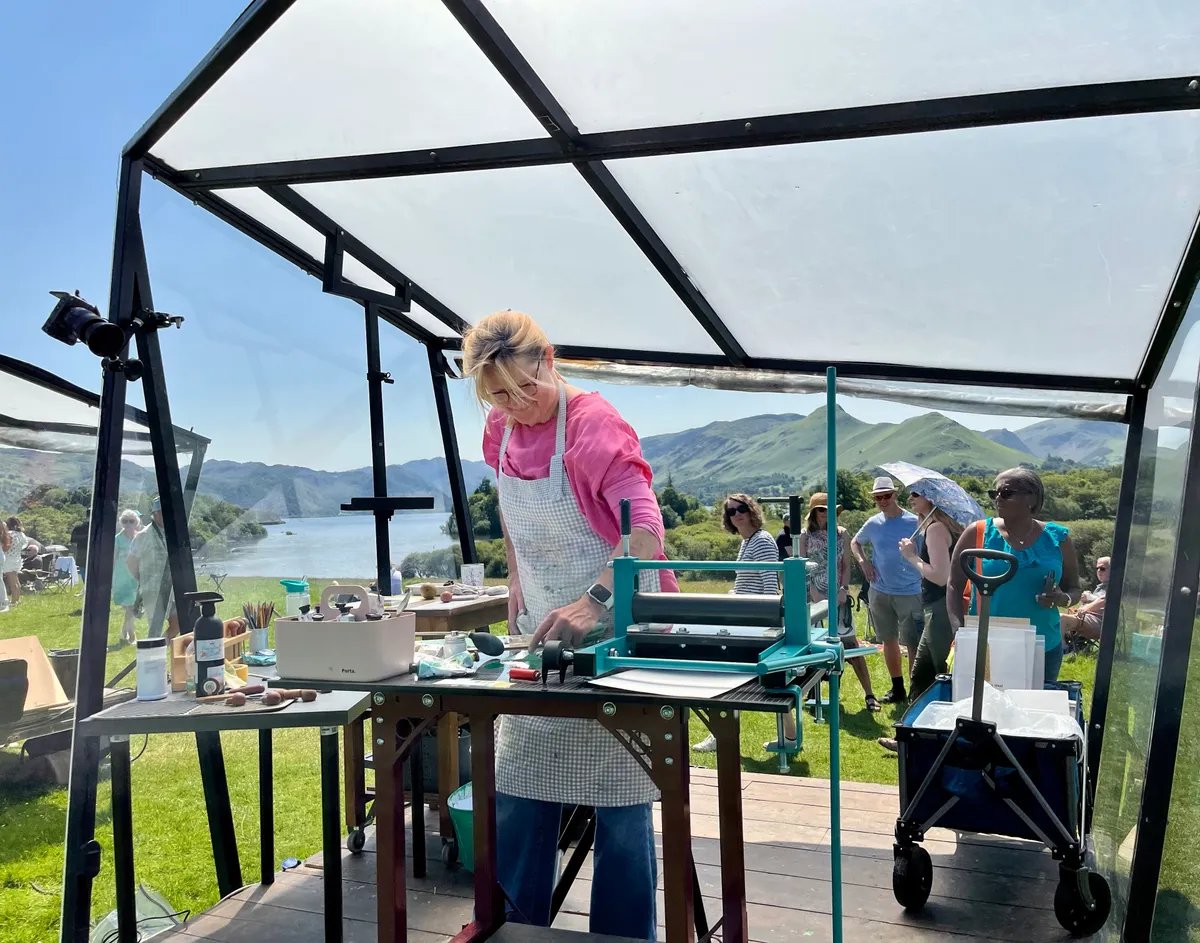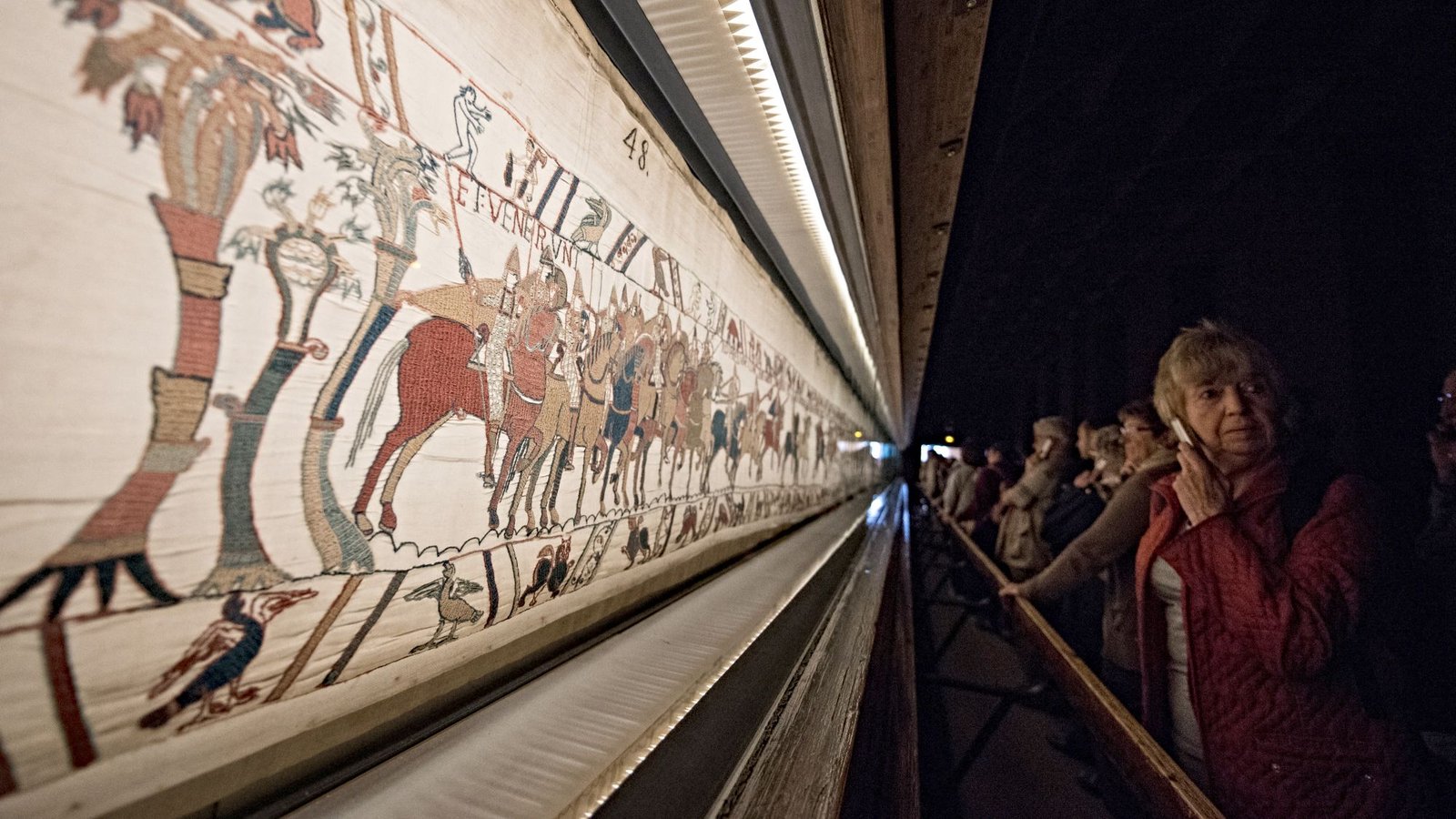In March, Francis Newton Souza’s painting “Lovers” set a record for a South Asian artist when it sold for ₹40 crore at a Christie’s auction of South Asian and Modern Contemporary Art in New York.

Back home in India, though, Souza’s art is making news for an altogether different reason. In April last year Mumbai Customs seized a folio of four erotic drawings (one of this is called “Lovers”) by Souza, citing obscenity.
Souza, whose 100th birth anniversary is being celebrated this year, is not the only artist whose work has come in for moral judgement by a department whose remit is purely financial and regulatory.
A drawing titled “Nude” and two photographs by Akbar Padamsee were also seized by Mumbai Customs. Both Souza and Padamsee were part of the Progressive Artists’ Group which introduced European modernism to Indian art, and their works are among the most coveted by collectors in India.
On Monday, the matter reached the Bombay high court.
In 2022, Mumbai businessman Mustafa Karachiwala, through his company BK Polimax Pvt Ltd, acquired the folio of four erotic drawings by Souza featuring a couple from the Scottish auctioneer Lyon & Turnbull. He also acquired the three Padamsee artworks of a woman in the nude at a separate auction from Roseberys, London. But when Karachiwala got them to Mumbai, the Airport Special Cargo Commissionerate (APSC) of Customs seized the consignment saying the artworks fell under the category of “obscene material” and hence could not be brought into India. In addition, the principal commissioner of Customs also imposed a penalty of ₹50,000 on Karachiwala. The department cited a notification of 1964 under the Indian Customs Act for withholding the seven artworks.
“These artworks are nothing short of national treasures and cannot be treated as obscene. We’ve came across various past instances where the said artists themselves had to fight for exhibition of their drawings/ paintings and had to even fight with customs itself for importing their own drawings,” said the petition filed in the Bombay high court by Karachiwala’s lawyers Shraddha Swarup and Shreyas Shrivastava. The lawyers also contend that Customs in the UK inspected the same artworks and cleared them for export to India.
The reference made in the petition about an earlier run-in with the Customs is about a 1979 event when Souza’s handwritten manuscript for his autobiography featuring 62 drawings was seized by Delhi Customs citing obscenity, leading to a huge furore. Noted Hindi litterateur Shrikant Verma made a forceful address on the floor of Rajya Sabha in defence of Souza’s art at the time. Frustrated by the bureaucracy, Souza eventually dropped the whole book but not before writing, “How do they (Customs) function there? The official is acting outside his jurisdiction as a custodian of public morals. His duty is to collect revenue on dutiable goods and to prevent contraband entering into the country. The manuscript he is arbitrarily detaining has not been legally declared contraband.”
On Monday, when the matter came up before the division bench of justices MS Sonak and JS Jain, the bench observed: “If the drawings of Souza can be detained by Customs, why not the paintings of the great masters of the 20th century in Europe and America? If we were to agree to the standards adopted by the Customs for considering a certain work of art as obscene and erotic then what shall we do when we are confronted with our own temples at Khajuraho and Konark?”
The bench also restrained the Mumbai Customs from destroying the artworks and expressed concern over how the artwork may have been kept by the Customs department.
A detailed order was to follow.

